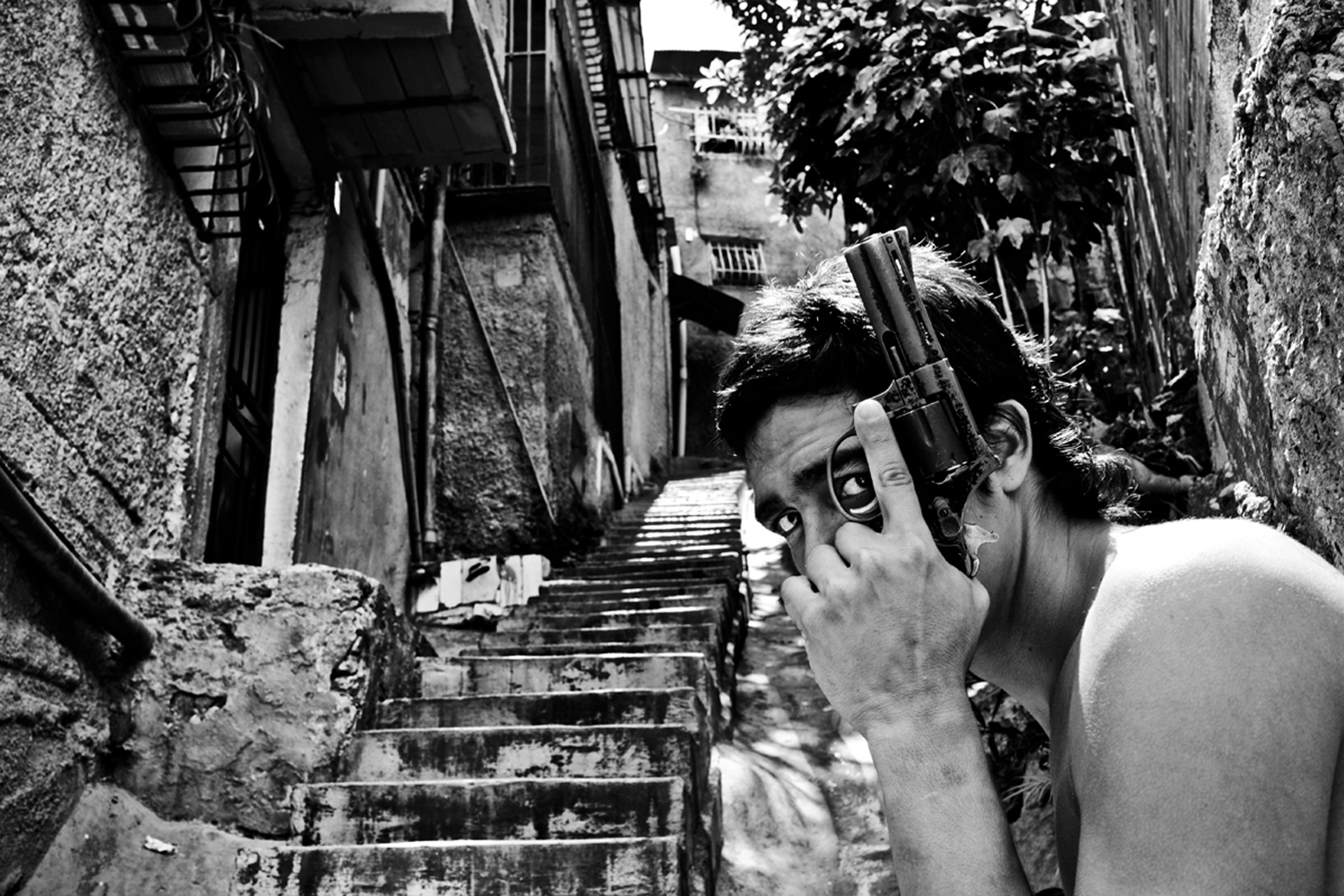
The Magnum Foundation Emergency Fund today announces, exclusively through LightBox, the winners of its 2014 grants. The fund, which began in 2009, awards annual grants to photographers from around the world to support anticipatory work that sheds light on under-reported issues and communities. The grants range from $4,000 to $7,500 for regional photographers who proposed covering stories near their homes, and $7,500 to $12,000 for photographers who proposed covering international stories.
This year’s winners are:
Qingang Chen (China) — Patients at Muli CountyKai Loffelbein (Germany)— Death MetalsLaura Morton (United States)— Wild West TechZann Huizhen Huang (Singapore) — Remember ShatilaChristian Werner (Germany) — Depleted Uranium – The Silent GenocideAlessandro Penso (Italy) — Refugees in BulgariaCarolyn Drake (United States) — Invisible BusOscar Castillo (Venezuela) — Our War – Our PainEd Ou (Canada) — NorthEdmund Clark (United Kingdom) — Unseen Spaces of the Global War on Terror.
These 10 grantees were selected from a field of more than 100 photographers nominated by 16 international photo editors, publishers, curators and educators. Along with funding, the winners will receive editorial guidance and research as well as distribution support to continue their work tackling issues of local, national and global concern.
The Emergency Fund, which was founded in response to the shrinking opportunities within established media for long-form, in-depth, socially conscious storytelling, is now in its fifth year of grant-making. Its mission is to enable a new generation of independent photographers to sustain themselves in the field long enough to witness and to fully document under-reported stories around the globe.
The proposals from this year’s grantees — a third of whom are regional photographers — cover a wide geographical range and focus on notably diverse subject matter. The projects the fund will support this year include Christian Werner’s documentation of the effects of depleted uranium; Carolyn Drake’s partnership with a radio producer Ashley Cleek to explore America’s racial divide through stories along an Alabama bus route; Oscar Castillo’s intimate look at the culture of violence in Caracas, Venezuela; and Qingang Chen’s work on the challenges of health care in the Muli Tibetan Autonomous County in the Liangshan prefecture of Sichuan province, China.
Philip Gourevitch, who has served on the Magnum Foundation’s independent Editorial Committee since the first Emergency Fund grants were made in 2010, says, “What all of this year’s wonderfully diverse grantees have in common is an essential gift for deep photographic story-telling. Frame for frame, their pictures open up whole worlds, but it is the cumulative effect of their work on the projects they are immersed in that commands our attention and informs us as the best narrative reportage must. You might think it would go without saying — but it doesn’t — that what sets these photographers apart is that they understand their task with images as Joseph Conrad described his with the written word: ‘before all, to make you see. That — and no more, and it is everything.’”
The Foundation not only funds photographers’ work, but offers other forms of support, as well. For young photographers who haven’t yet worked extensively with editors, this extends to teaching them to make their work more effective by providing an understanding of narrative structure and how to contextualize their stories with text and other points of view.
In the end, the Emergency Fund intends that the work it supports is disseminated and seen — both within and, as importantly, outside of the photographic community.
In addition to funding the work of established photojournalists, the Magnum Emergency Fund awards scholarships to emerging photographers from nonwestern countries; grantees attend a 5-week summer program at NYU’s Tisch to receive training documenting human-rights issues.
The 2014 Human Rights Fellows are:
Mohammed Elshamy (Cairo, Egypt) — Egypt’s Times of Turbulence And Blood
Abbas Hajimohammadisaniabadi (Tehran, Iran) — Fragile Minds: Inside an Iranian Mental Hospital
Yuyang Liu (Shanghai, China) — Auspicious Things
Pedro Silveira (Belo Horizonte, Brazil) — Efemérides da Gênese
Loubna Mrie (Syria) — The Merge of Civil and Military Life in Urban Syria
Sumeja Tulić (Bosnia) — Prison Monitoring: Zenica Prison
Phil Bicker is a senior photo editor at TIME.
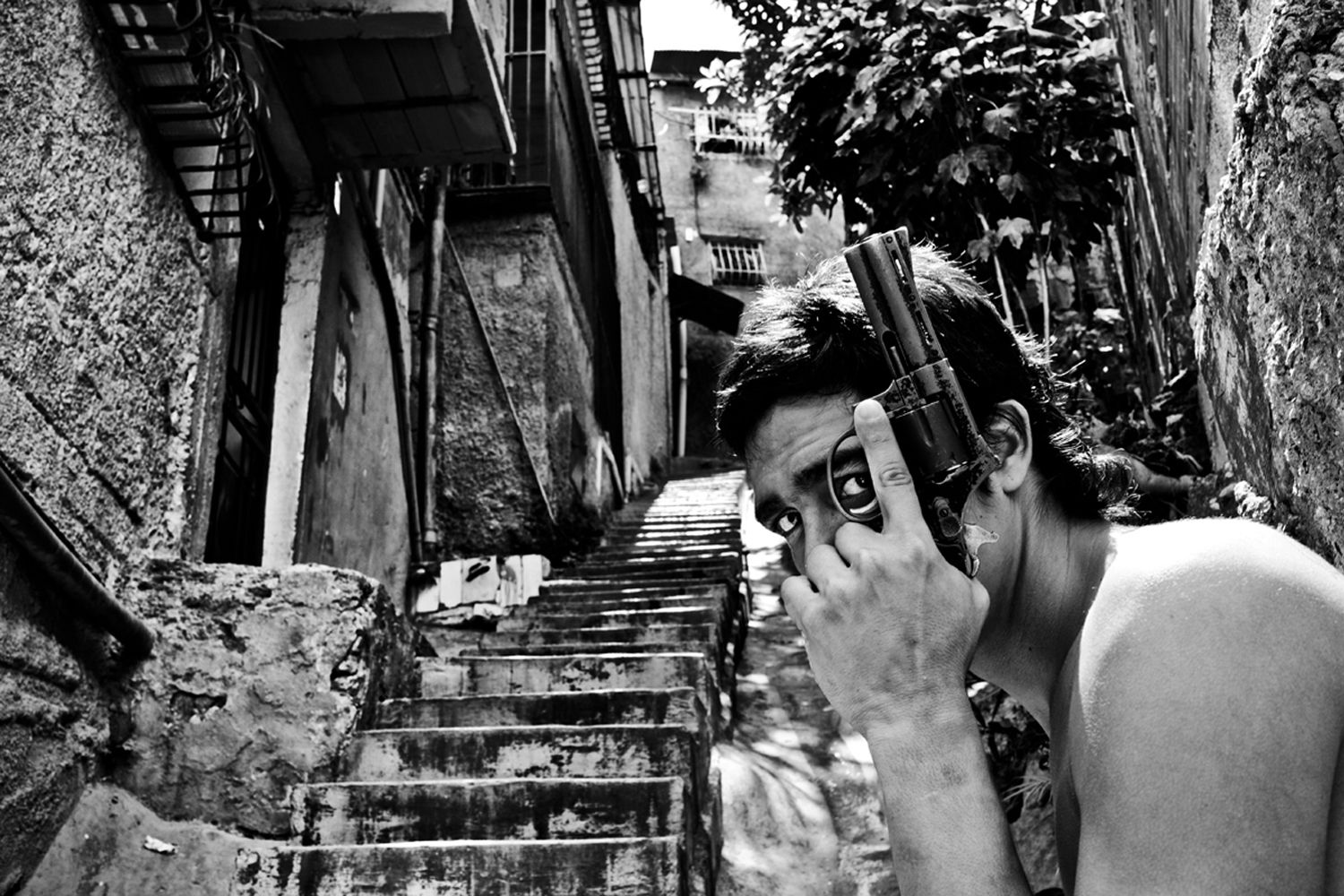
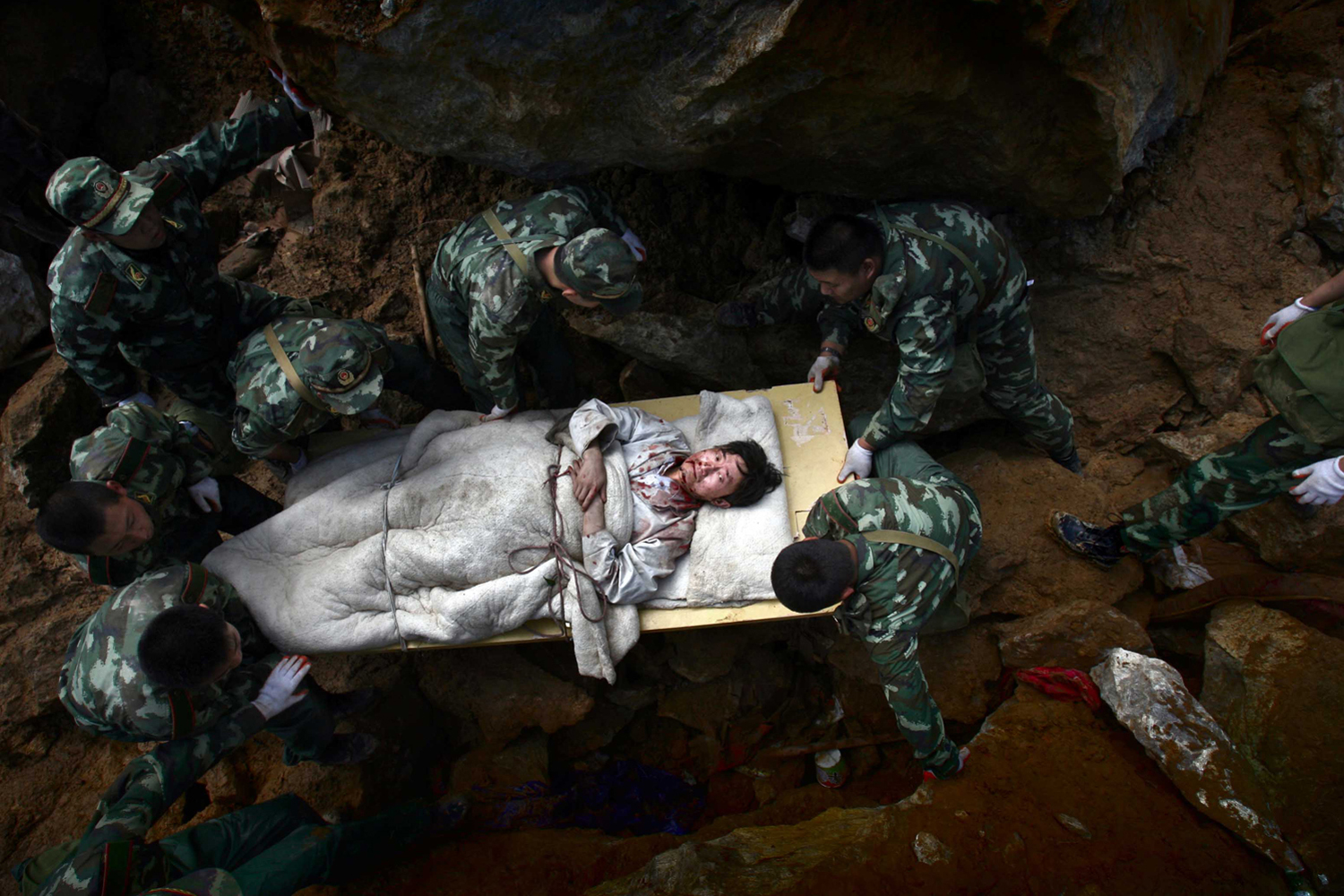
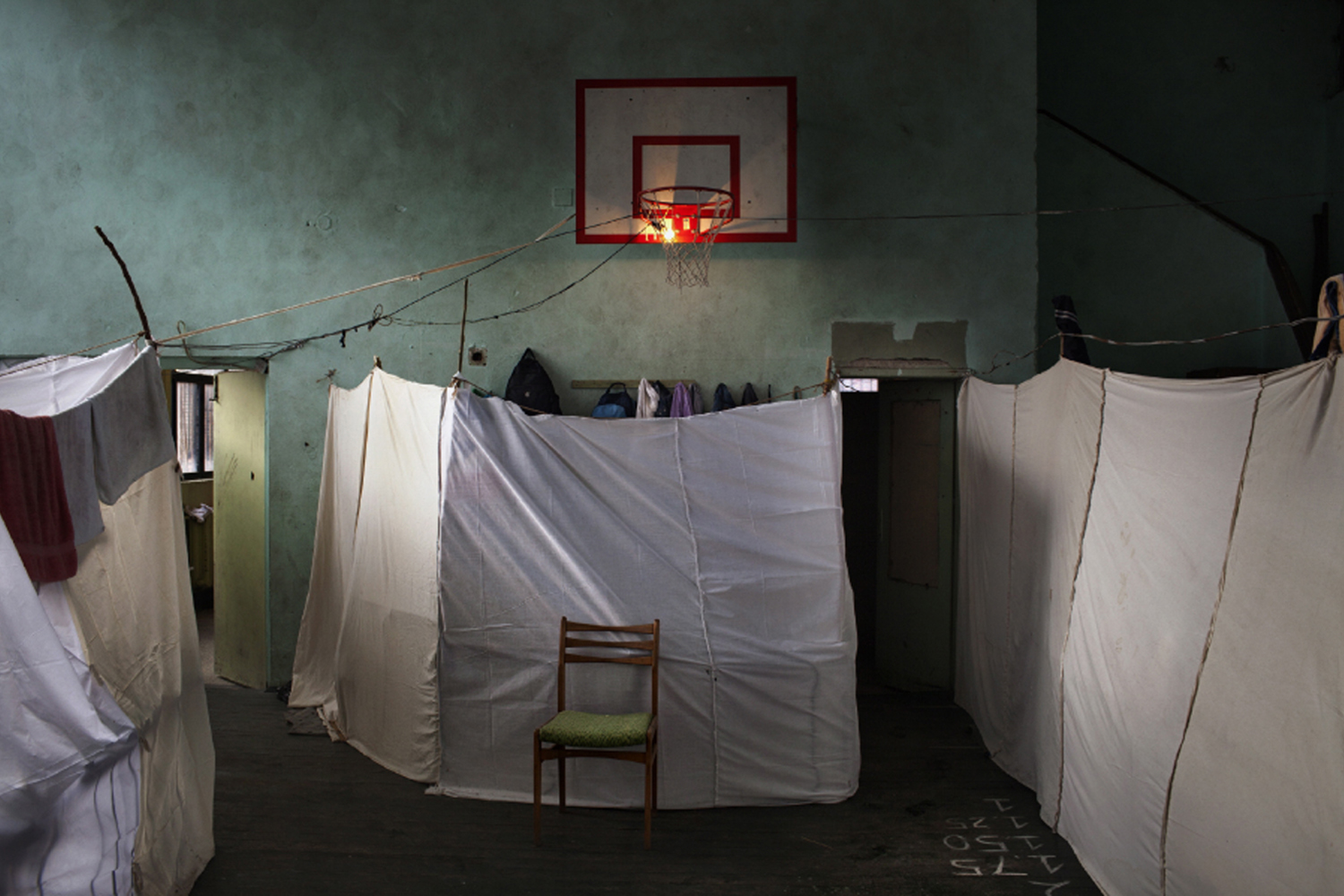
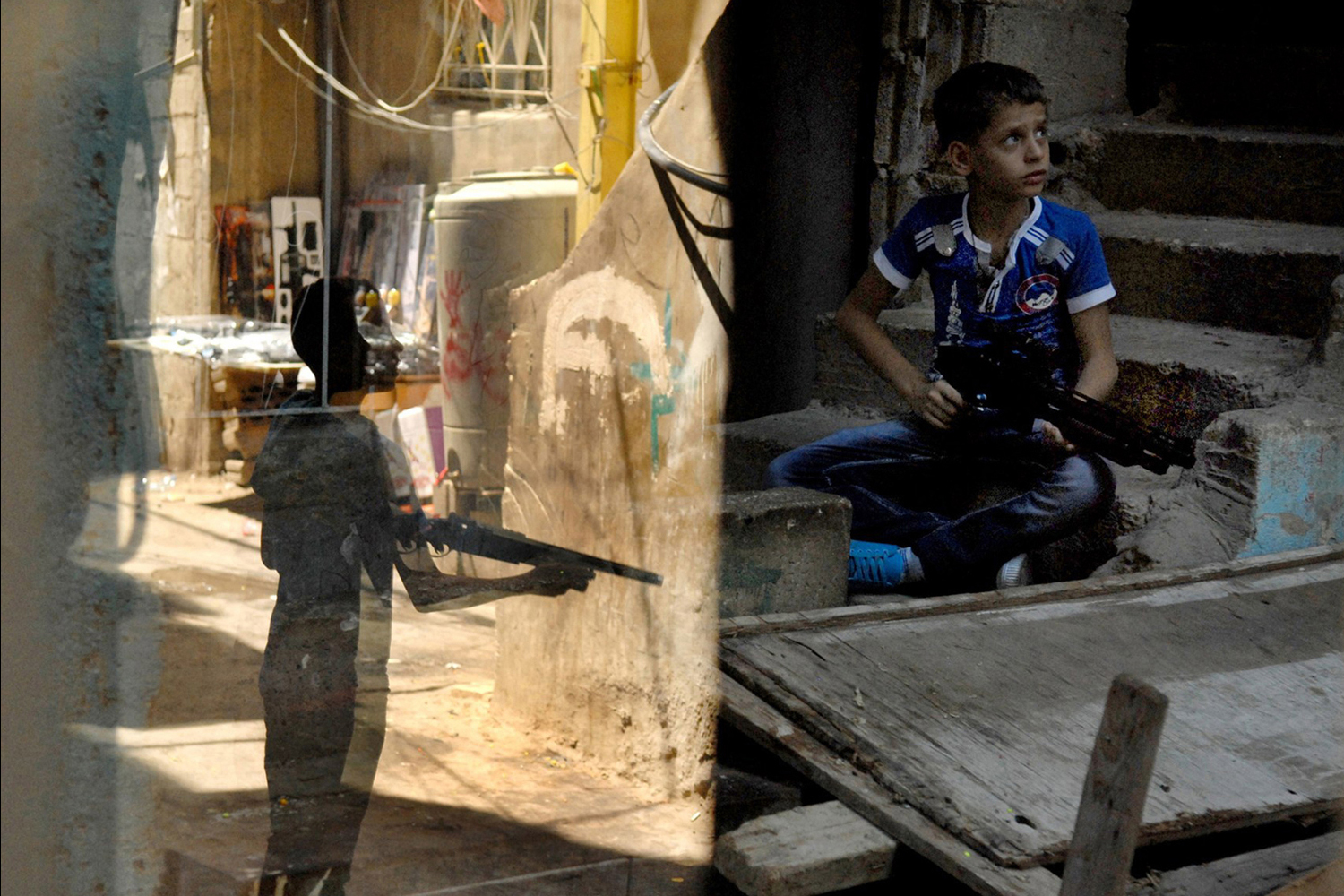
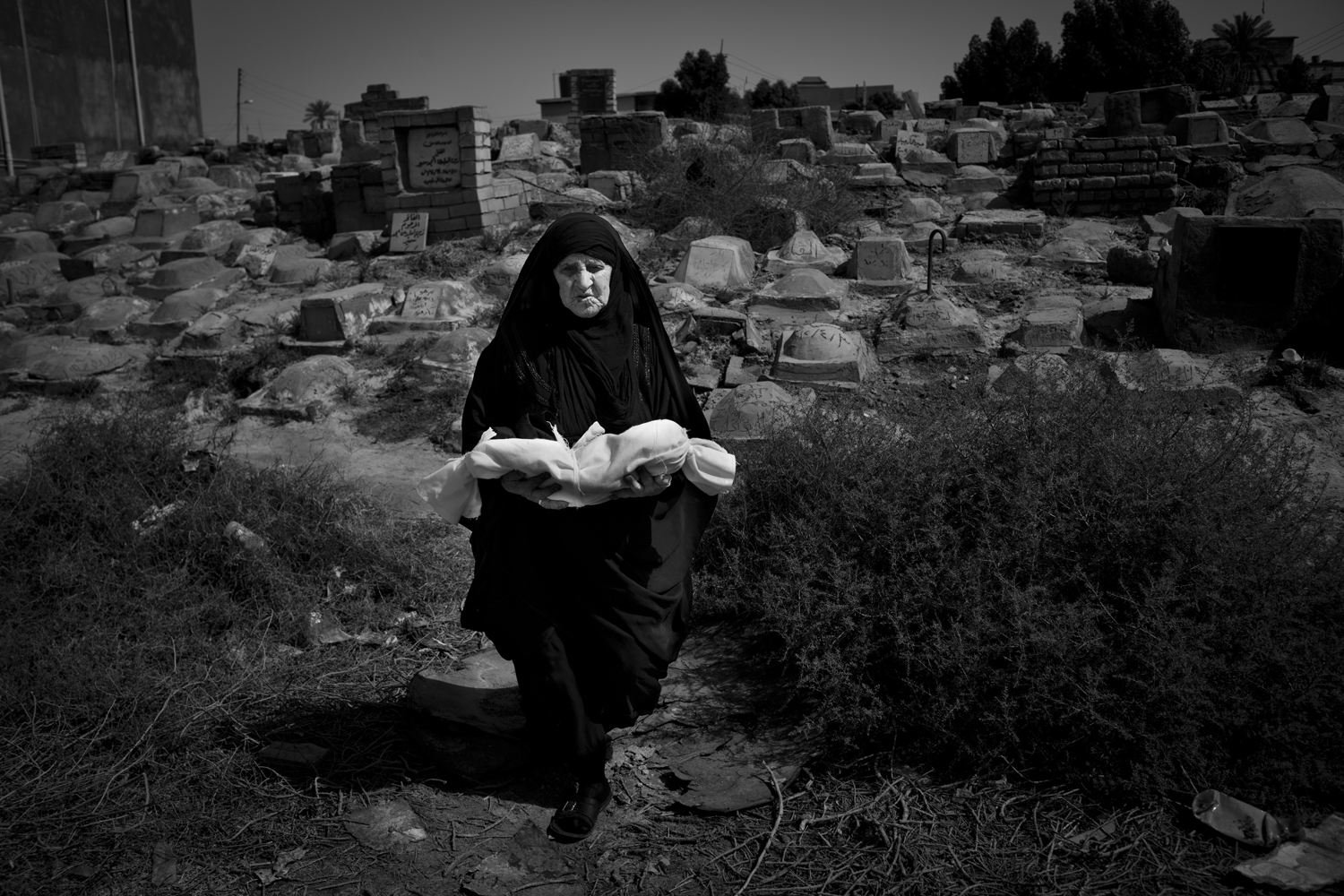
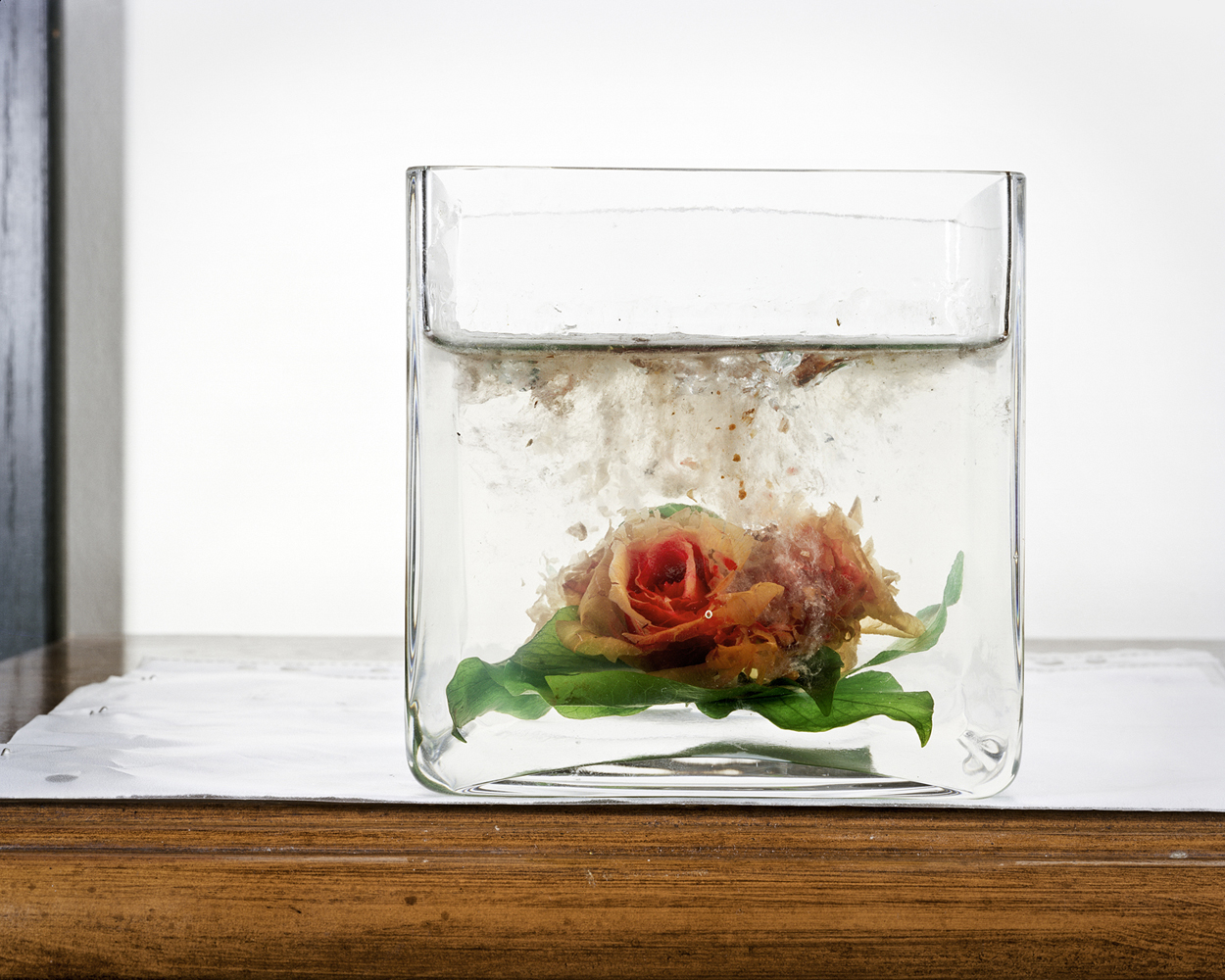
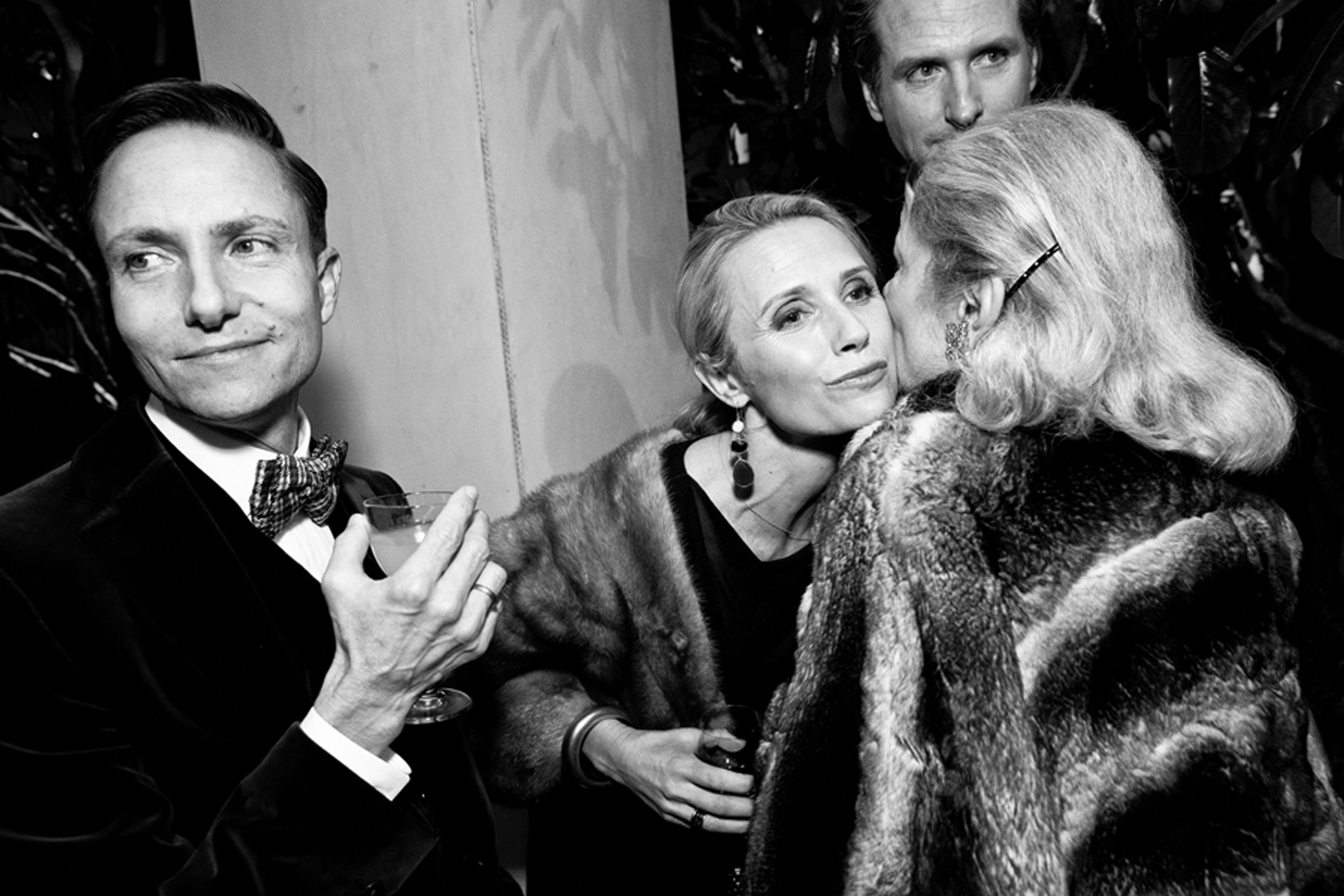
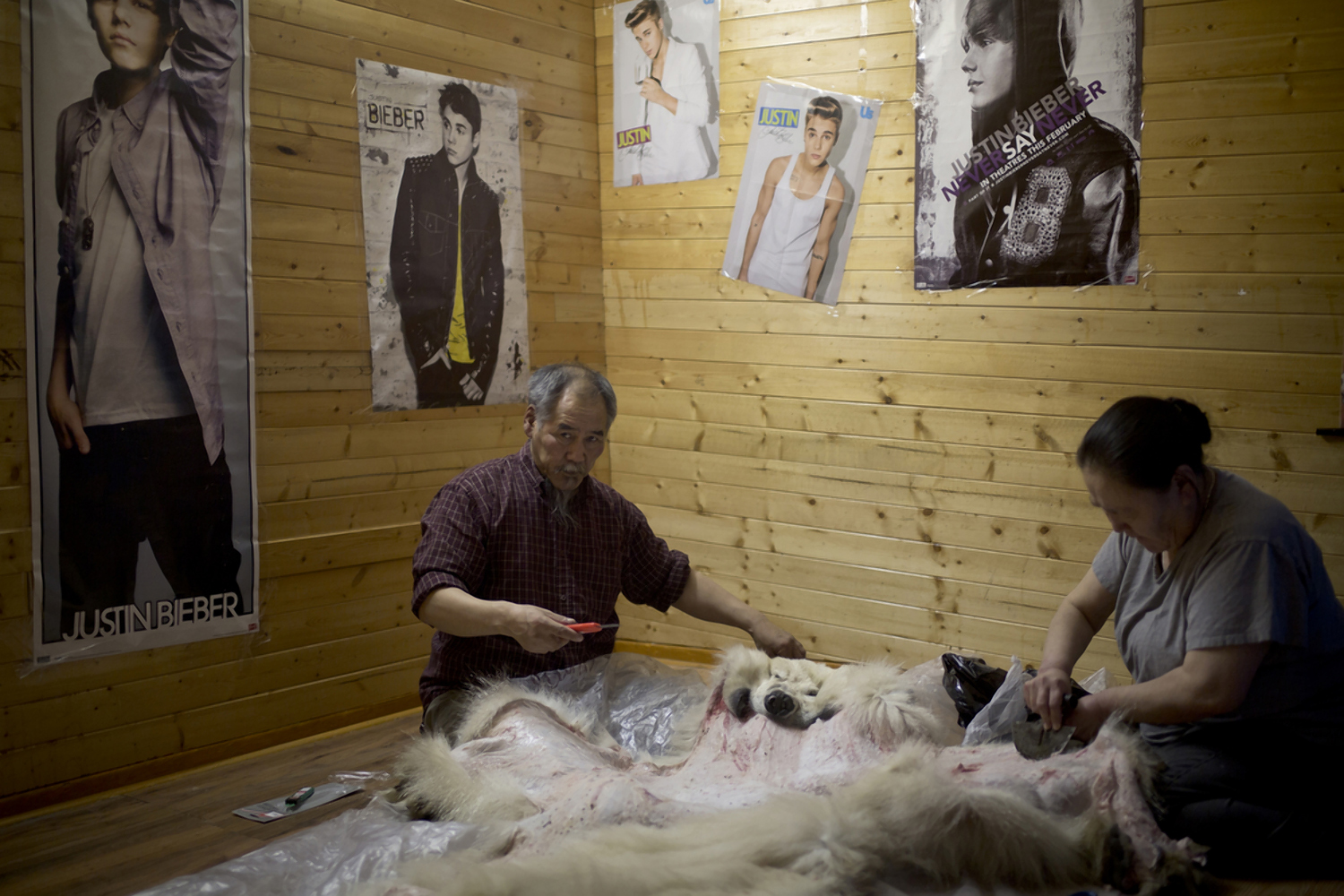
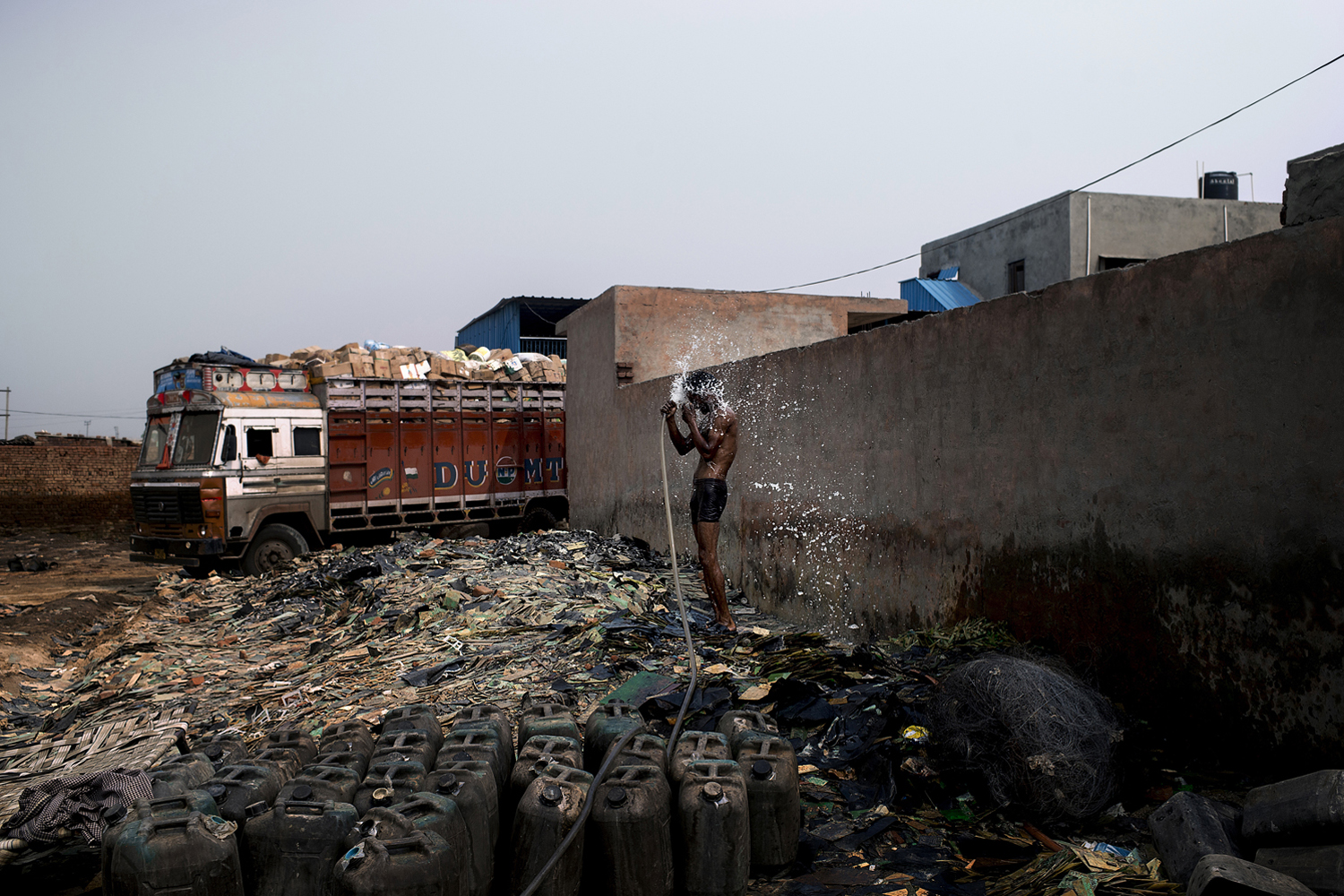
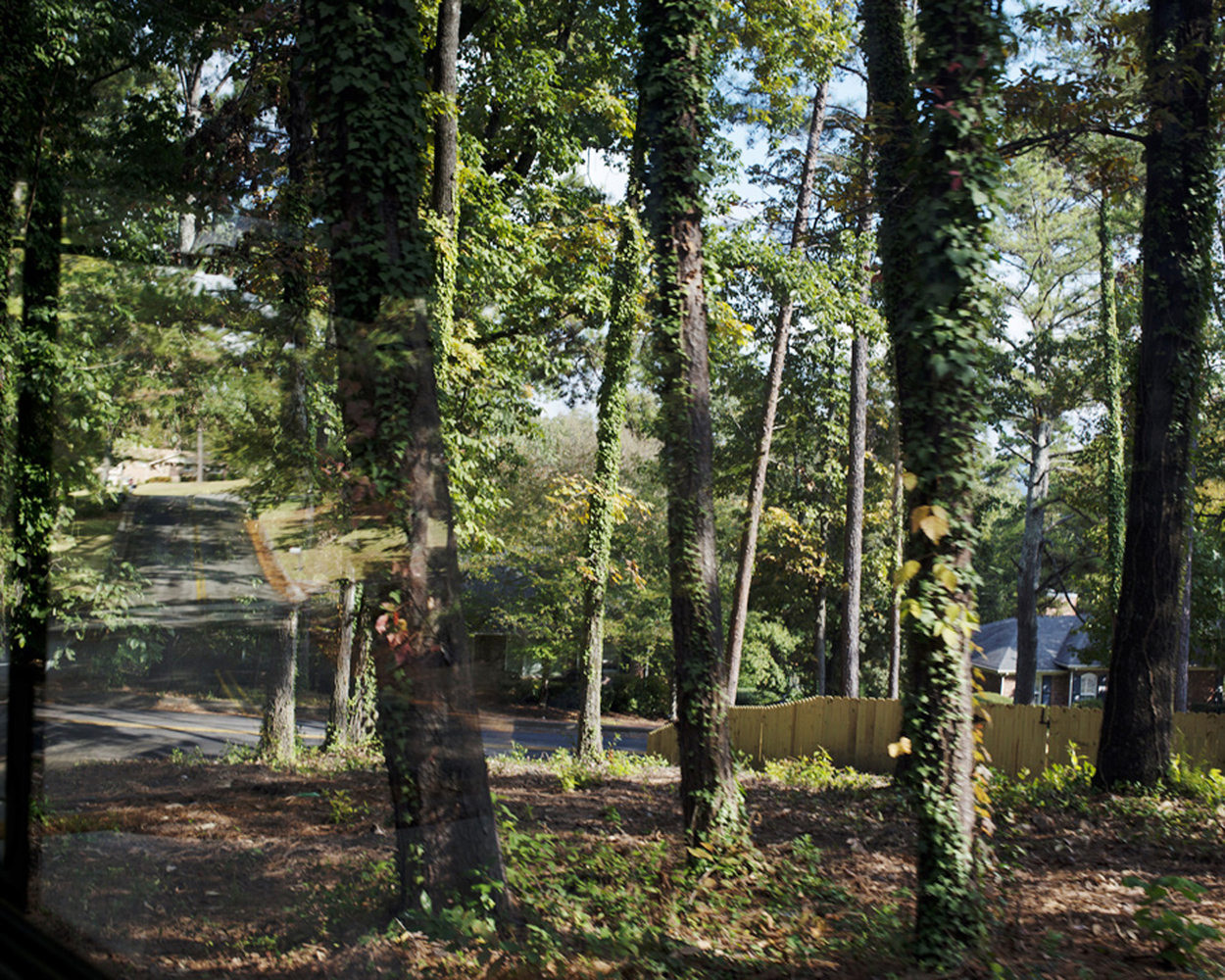
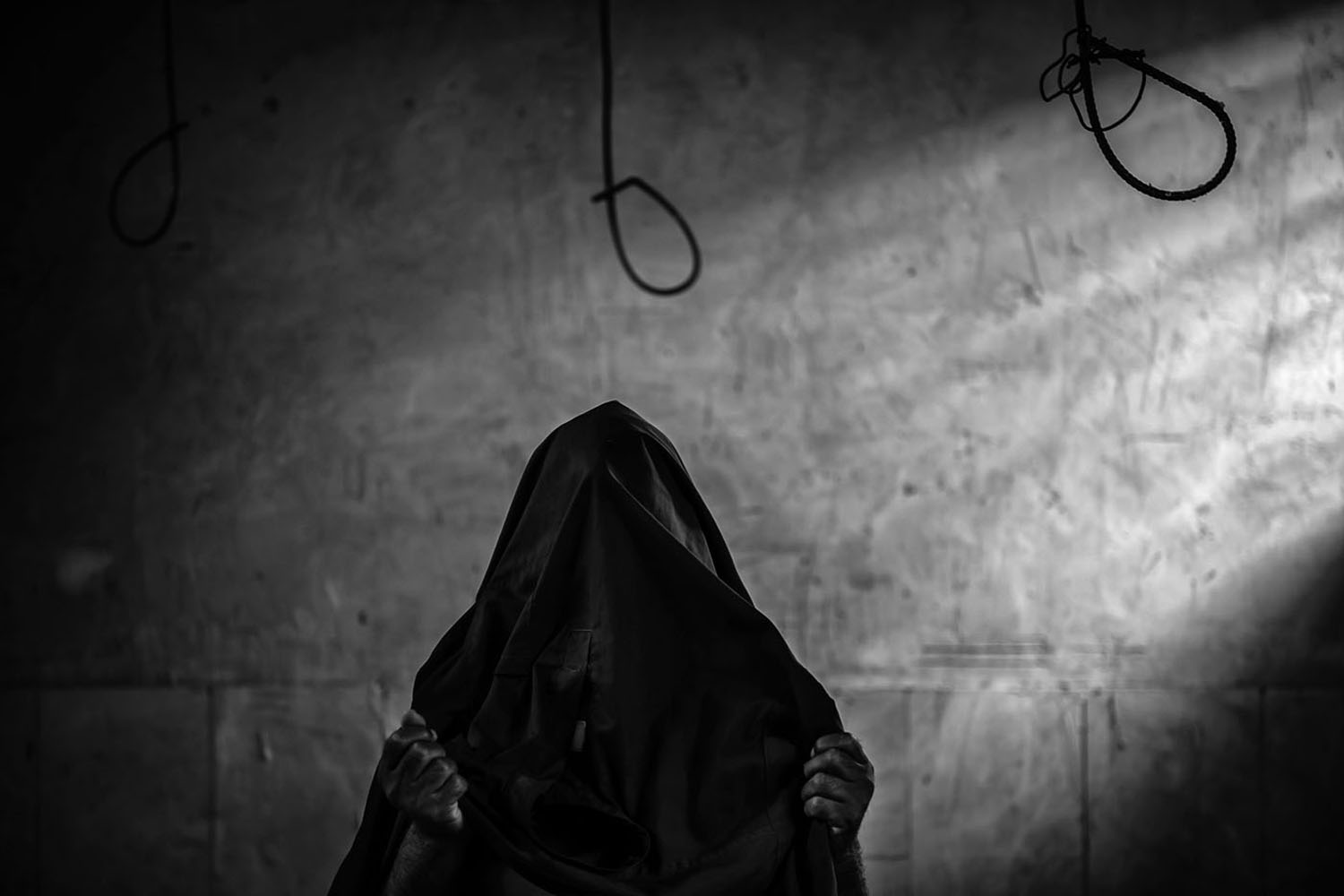
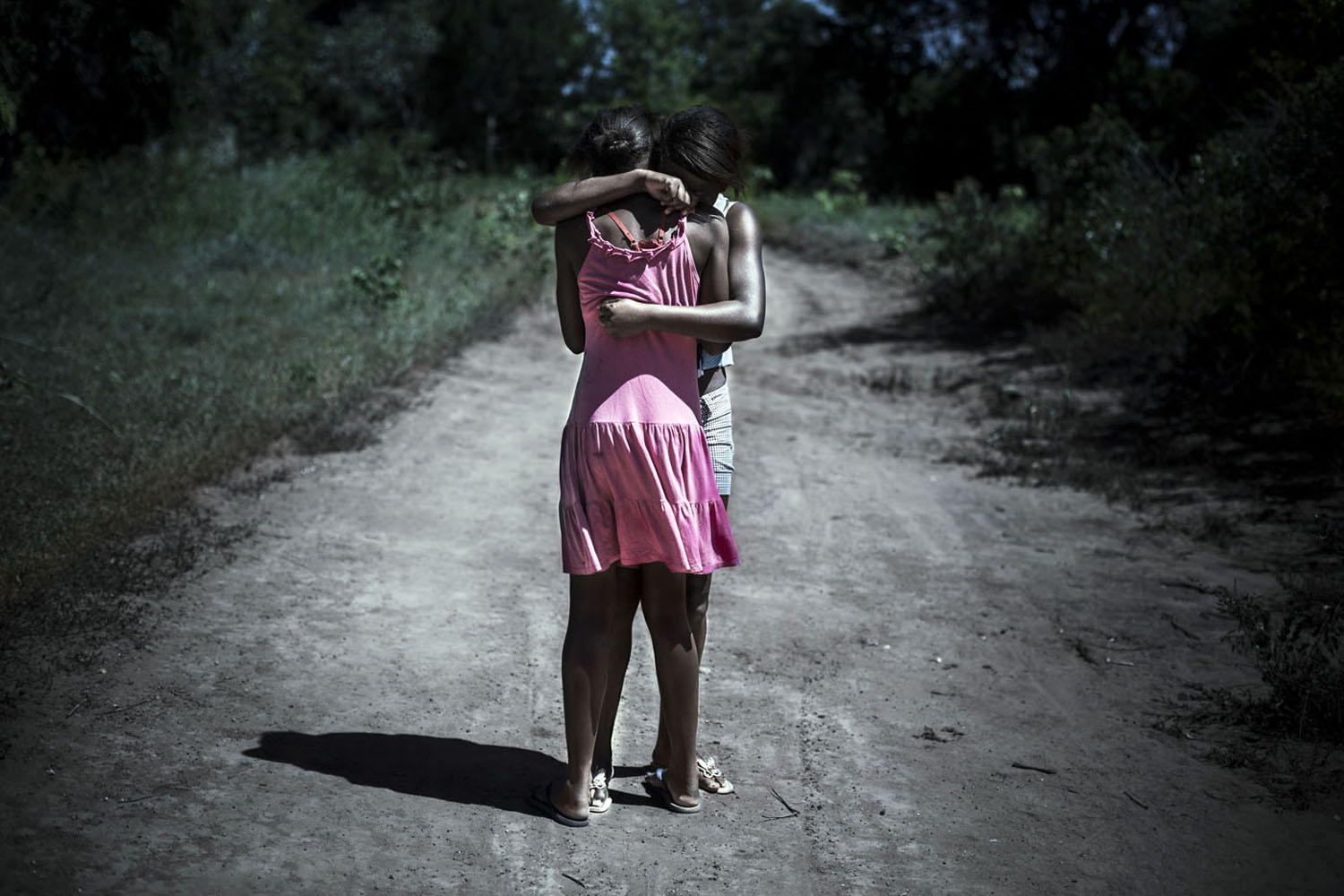
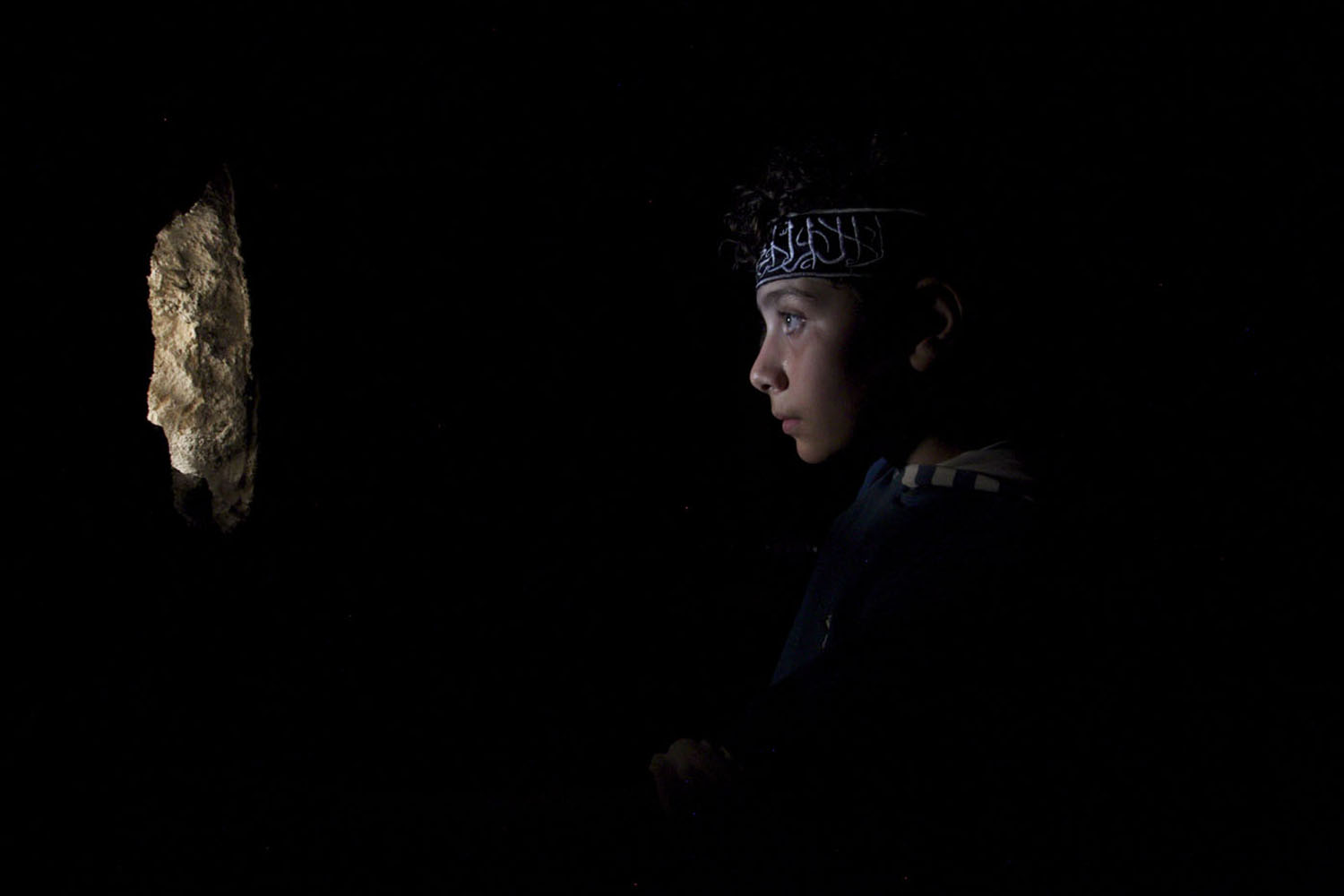
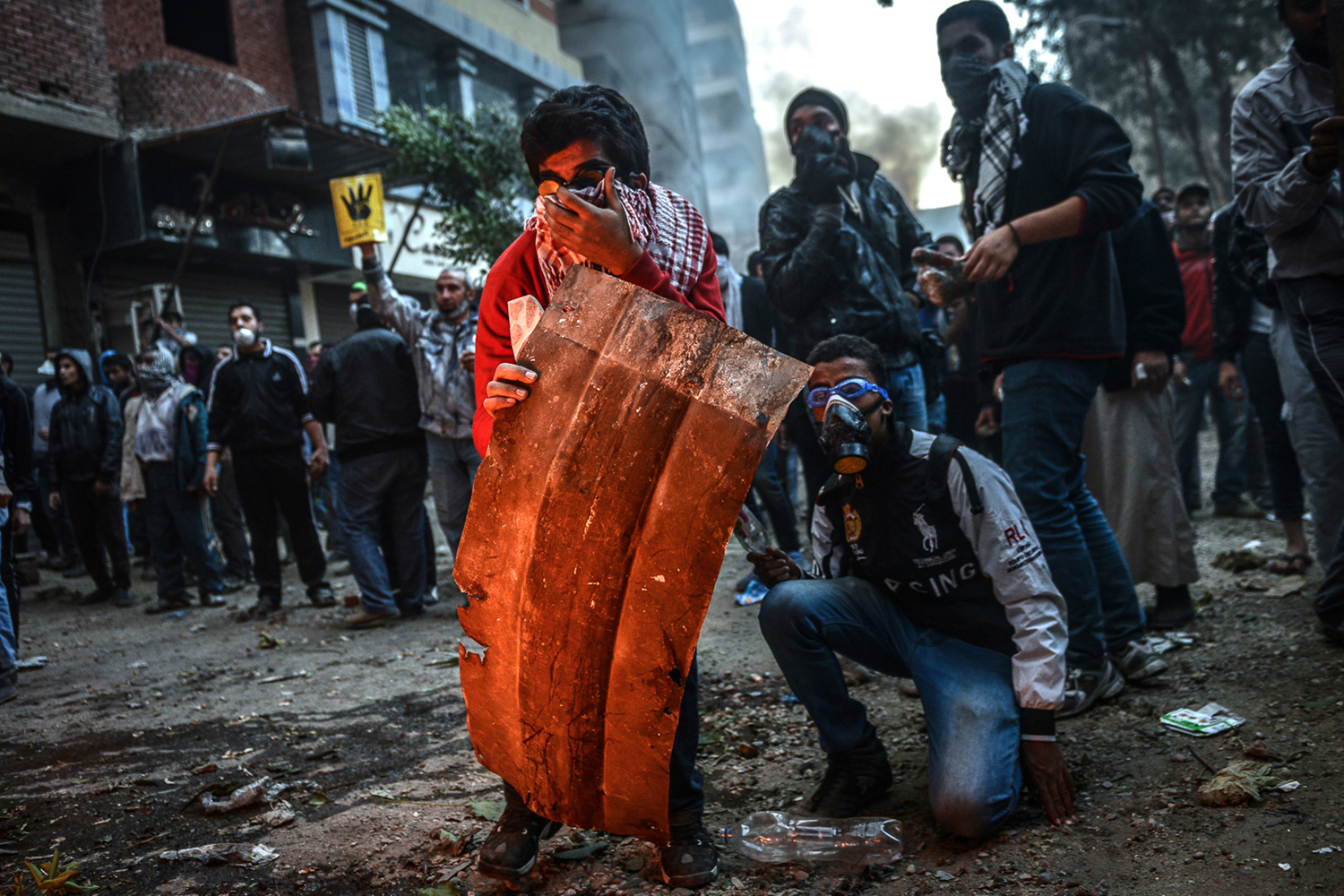
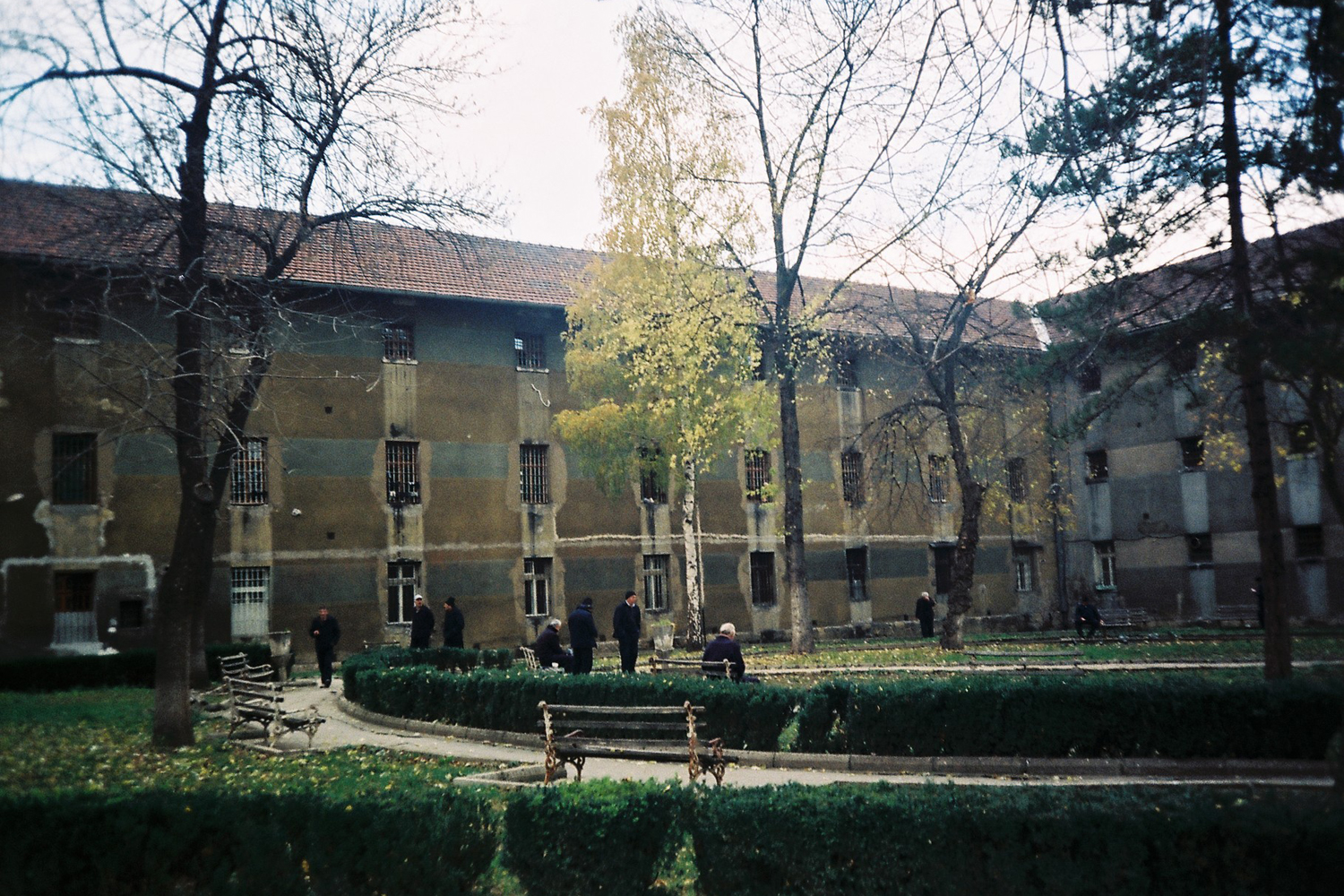
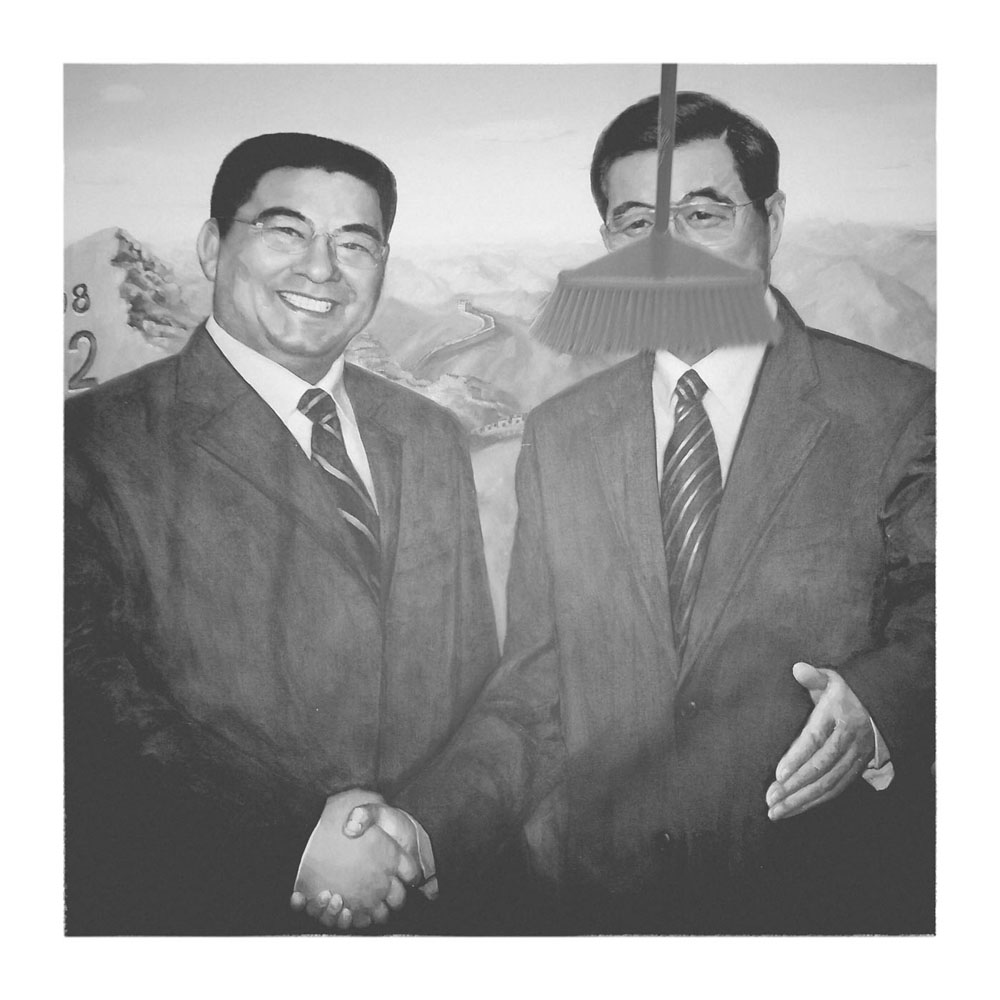
More Must-Reads From TIME
- The 100 Most Influential People of 2024
- Coco Gauff Is Playing for Herself Now
- Scenes From Pro-Palestinian Encampments Across U.S. Universities
- 6 Compliments That Land Every Time
- If You're Dating Right Now , You're Brave: Column
- The AI That Could Heal a Divided Internet
- Fallout Is a Brilliant Model for the Future of Video Game Adaptations
- Want Weekly Recs on What to Watch, Read, and More? Sign Up for Worth Your Time
Contact us at letters@time.com